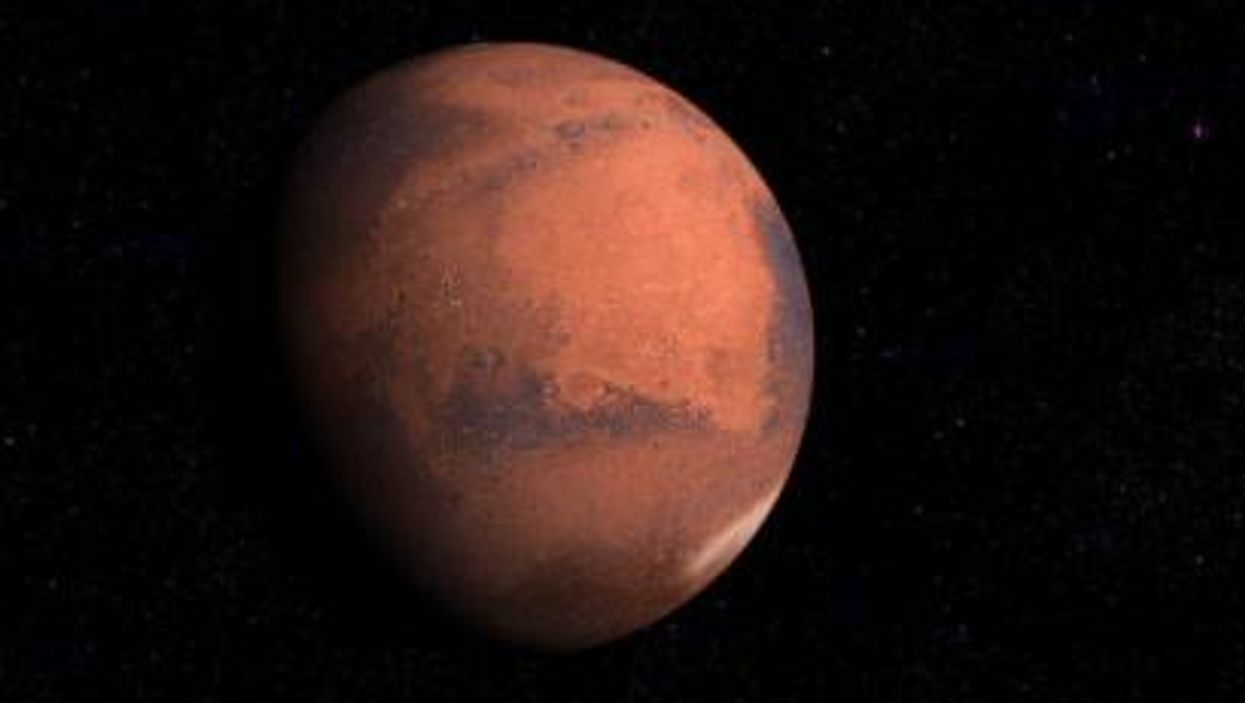Becca Monaghan
Jan 24, 2022
We May Be One Step Closer to Finding Life on Mars, New ...
Wibbitz
NASA may have detected life on Mars after its Rover collected some intriguing supporting evidence.
The Rover – fittingly named Curiosity – has been roaming the Gale Crater for over nine years, sending potential leads and results back to Earth.
Now, the machine has discovered powdered rock samples on the surface of Mars, which the space agency believe could be a "biological basis." They contain organic carbon, which means they could have come from fossilised remains of microbial life.
NASA analysed sediment from six different areas and discovered an ancient carbon cycle. "Carbon is particularly important since this element is found in all life on Earth; it flows continuously through the air, water, and ground in a cycle that's well understood thanks to isotope measurements," they explained.
Professor Christopher House, the lead author of the study from Penn State University in the US, told The Metro: "The samples extremely depleted in carbon 13 are a little like samples from Australia taken from sediment that was 2.7 billion years old."
Sign up to our free Indy100 weekly newsletter
"Those samples were caused by biological activity when methane was consumed by ancient microbial mats. But we can't necessarily say that on Mars because it's a planet that may have formed out of different materials and processes than Earth."
While the space agency's discovery is "tantalisingly interesting", NASA will need more time and evidence to solidify whether they have, in fact, identified life on Mars, said Paul Mahaffy. He served as the principal investigator of the Sample Analysis at Mars (SAM) chemistry lab.
This certainly isn't the first time NASA has had such a breakthrough.
In December, their James Webb Telescope launched into space to broaden scientists' knowledge about the universe. The space agency now expects the science instrument to last "significantly" longer than predicted, with more than ten years of life expectancy.
How exciting.
Top 100
The Conversation (0)














